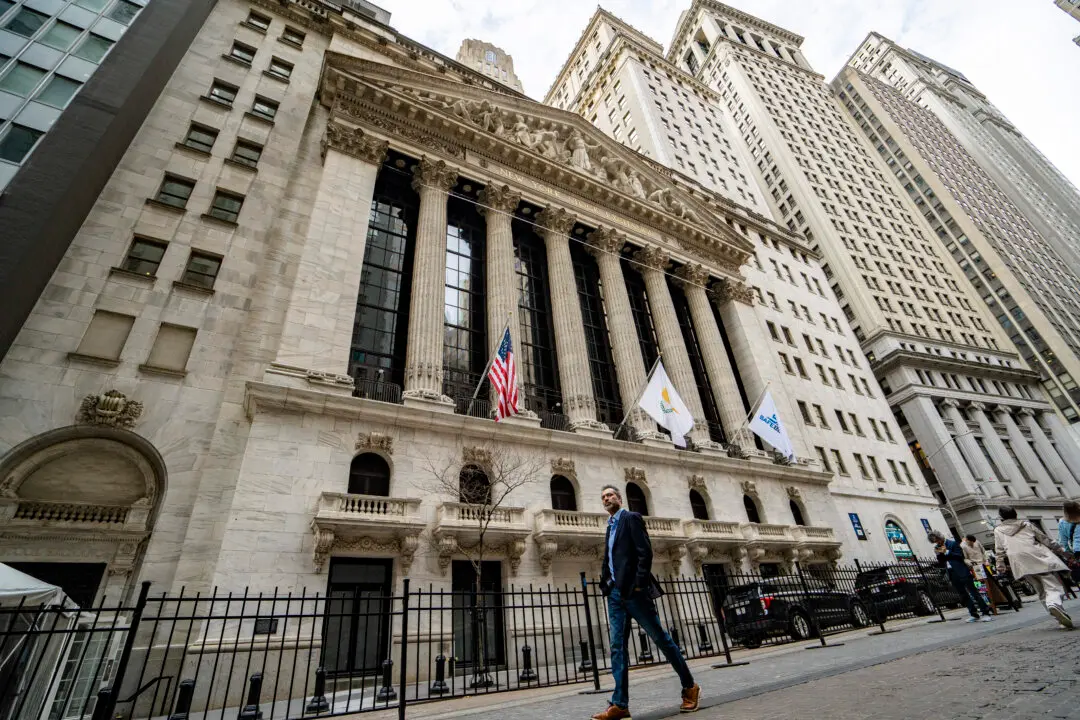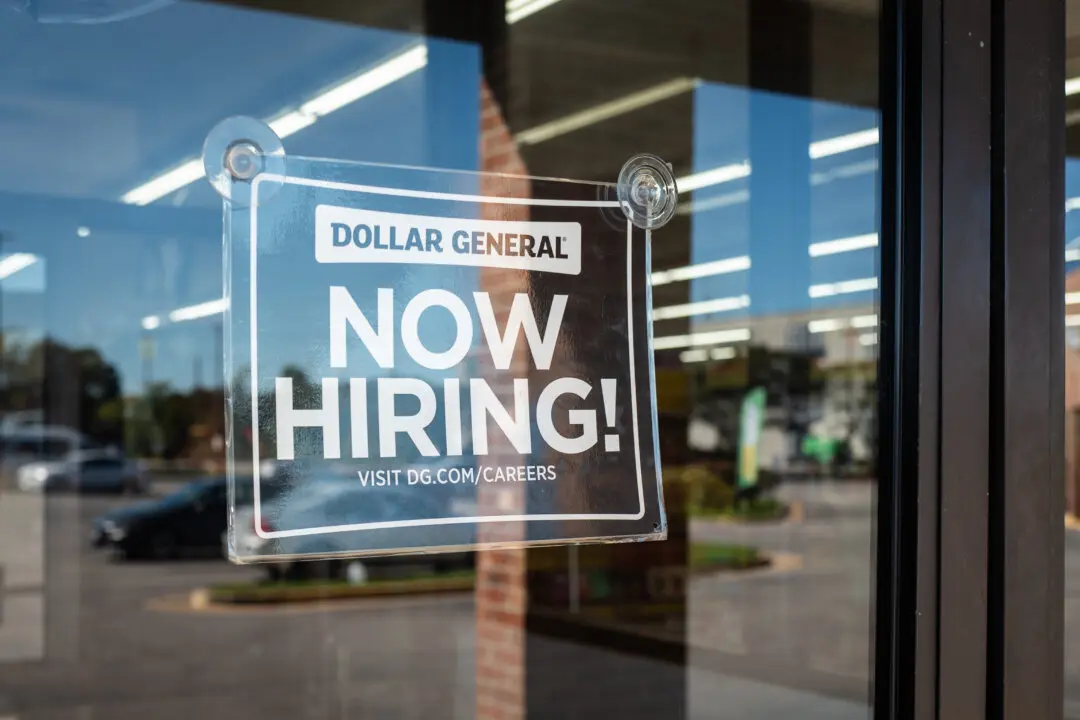The Treasury Department has confirmed in a letter to Congress that Department of Government Efficiency (DOGE) staff will be given “read-only” access to the Fiscal Service Bureau’s nearly $6 trillion federal payments system.
Treasury Secretary Scott Bessent recently granted DOGE access to the vital federal government payments system.





